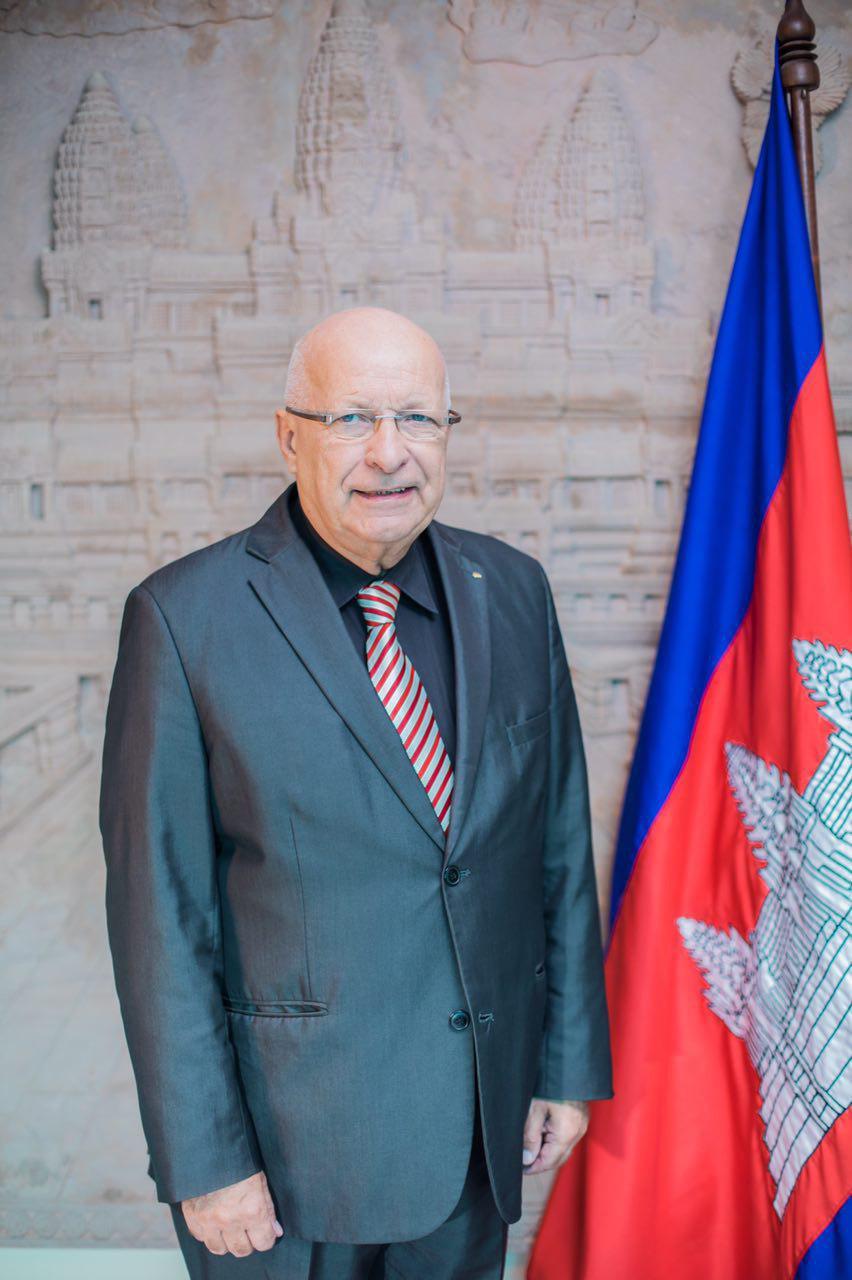Phnom Penh (FN), Jan. 8 –To ignore or to rewrite the past are efficient tools for governments that want to fool the people. The US embassy in Phnom Penh gave yesterday a new example of such “diplomacy as the patriotic art to lie” (Ambrose Gwinett Bierce).
In a statement about the 7 January, the US embassy wrote that “Phnom Penh was liberated from the notorious Khmer Rouge regime”. You read well: the representation of the US government is calling today the 7 January 1979 a liberation.
More: they “celebrate the ingenuity, courage and perseverance with which the Cambodian people have emerged from this period of darkness…” !
Who are they kidding?
What was the US reaction in 1979 about that liberation? A strong condemnation of “the military violation of Kampuchean sovereignty and replacement of the government by force”. They said that the Pol Pot’s government was “the only legitimate government of Cambodia”. In 1979, not that word about a liberation.
They decided that the legitimate ambassador of the Cambodian people at the UN was a representative of Pol Pot. The victims were represented by one of their torturers.
They decided to support a decision that prohibited any aid for the development of Cambodia, a country devastated by the US bombing and a population of survivors from one of the worst criminal regimes in the twentieth century.
In 1979, the USA denied the right of Vietnam to protect its own security as it was, since 1975, under violent and bloody attacks by the Pol Pot regime that had caused thousands of casualties. They denied to Vietnam the exercise of a right recognised by article 51 of the UN Charter.
In 1979, the USA denied the request for liberation expressed by thousands of Cambodians that had fled to Vietnam to escape the genocidal regime of Pol Pot. The US that pretend to defend human rights refused to recognize the fundamental right of the Cambodian people to overthrow a regime of terror and to request the assistance of a foreign country to achieve such a goal (a right yet recognized in 1971 to the people of Eastern Pakistan that became Bangladesh).
The US position lasted twelve years. A delay in the reconstruction of a Cambodian society and the recreation of human resources that has still consequences today.
Instead of giving the impression that they used to support the Cambodian people after the 1979 liberation, the USA should apologize for their diplomatic and military support given to the Pol Pot’s movement during the 12 years that followed the fall of this barbaric regime.
Raoul M. Jennar, PhD
Doctor in Khmer Studies





